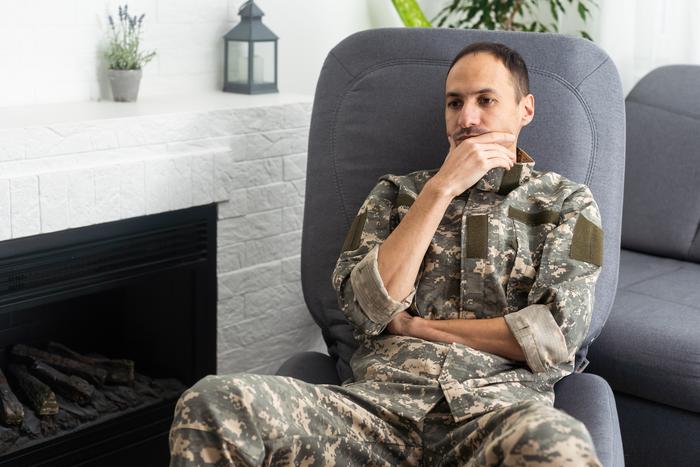EMBARGOED UNTIL: 10:15 a.m. PT, Monday, May 20, 2024

Credit: ATS
EMBARGOED UNTIL: 10:15 a.m. PT, Monday, May 20, 2024
PARC MODEL OF CARE ASSOCIATED WITH FEWER DEATHS AMONG VETERANS POST-ICU
Session: B18 – Bridging Gaps to Improve Long-Term Outcomes
The Post-Acute Recovery Center: A Telehealth Care Model to Improve Patient-Centered Outcomes for High-Risk Survivors of Critical Illness
Date and Time: Monday, May 20, 2024, 10:15 a.m. PT
Location: San Diego Convention Center, Room 32A-B (Upper Level)
ATS 2024, San Diego – Research presented at the ATS 2024 International Conference demonstrates that veterans who received care via the Post-acute Recovery Center (PARC) model after a serious illness experienced fewer deaths and more days outside of the hospital compared to those not enrolled in PARC. This model utilizes telehealth and is administered by nurse practitioners to address the complex needs of ICU survivors during their transition from hospital to home.
Hiam Naiditch, MD, MHS, a pulmonary and critical care fellow at UPMC (University of Pittsburgh Medical Center), stated, “Our findings, though preliminary, suggest that the PARC model could significantly improve transitional care, potentially lowering mortality rates and increasing hospital-free days for veterans.”
The study involved a retrospective analysis of 195 veterans at the VA Pittsburgh Healthcare System (VAPHS), assessing mortality and non-hospital days up to 90 days after discharge. Veterans were classified using the PREDICT score, with those scoring above 15 considered high-risk. These high-risk veterans who received PARC care showed a median increase of four additional days at home compared to matched controls within the same period.
These encouraging local results reflect a broader national challenge. Across all VA medical centers in 2020, nearly half of the veterans discharged after critical illnesses such as sepsis and acute organ failure met this study’s high-risk criteria, potentially facing a significant increase in post-discharge care complexity. Dr. Naiditch emphasized, “The PARC model aims to alleviate the burden of these challenges by improving continuity of care and reducing the burden of follow-up care for patients.”
Looking forward, the PARC study group, including Florian Mayr, MD, MPH, associate professor of critical care medicine, University of Pittsburgh School of Medicine and staff physician and director, PARC Program, VA Pittsburgh Healthcare System and Zachary Hahn, MD, PARC investigator and emergency medicine physician, VA Medical Center, Augusta, Maine, plans to prospectively study the PARC model in a randomized trial across several northeastern U.S. VA facilities to further evaluate its effectiveness and scalability.
For additional information on the ongoing study and future developments, please contact Dr. Hiam Naiditch, naiditchh2@upmc.edu.
###
CONTACTS FOR MEDIA:
Dacia Morris, Director, Communications & Marketing, American Thoracic Society
dmorris@thoracic.org
Allison Hydzik, Senior Director, Media Relations, UPMC
hydzikam@upmc.edu
Shelley Nulph, Acting Public Affairs Officer, VA Pittsburgh Healthcare System
shelley.nulph@va.gov
Journal
American Journal of Respiratory and Critical Care Medicine
Subject of Research
People



